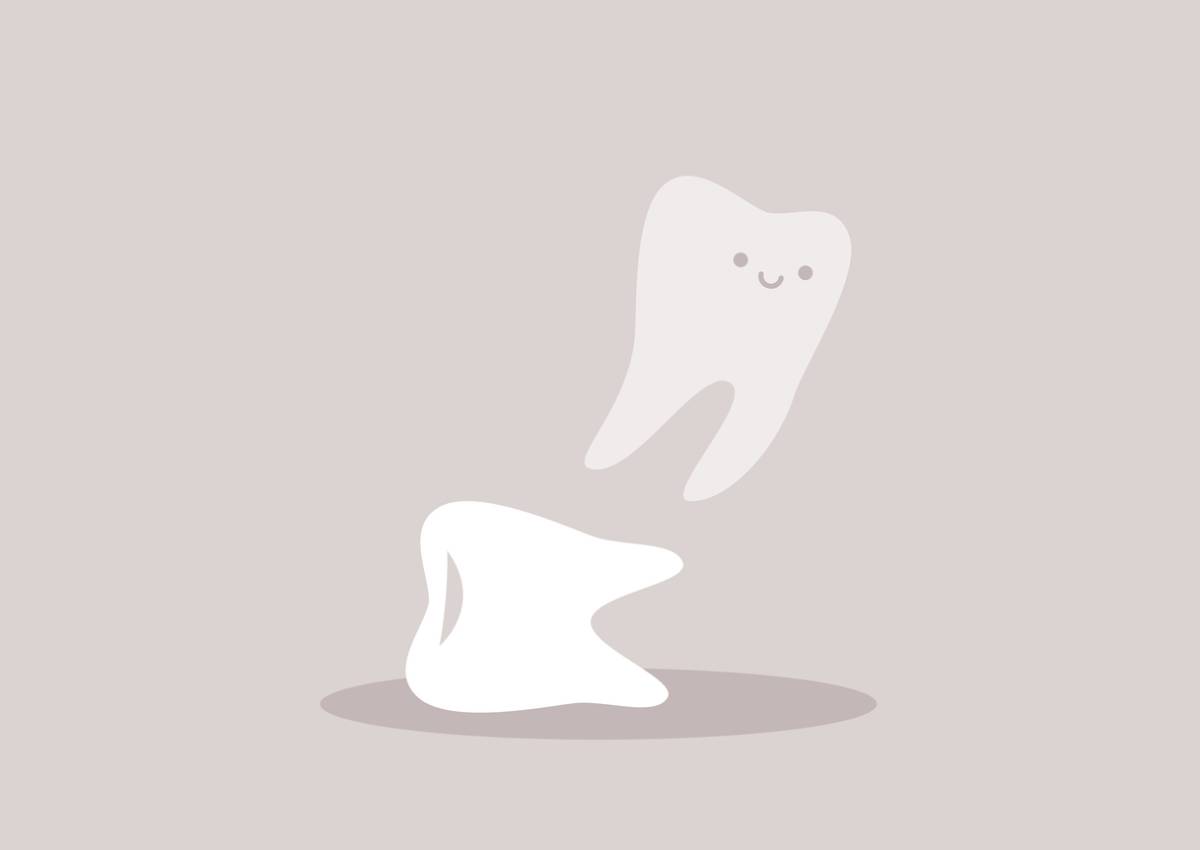Have you ever looked in the mirror and noticed that your teeth are decayed or discolored? You are probably looking for the best dental solutions around you. At Shodhan Dentistry of Yucaipa, we provide a wide range of cosmetic and restorative treatments to help patients reach new levels of oral health. One of the most popular and common procedures that we perform is professional teeth whitening, which uses a bleaching agent and a dental light to instantly lift discoloration from the teeth. But will teeth whitening work on a dead tooth?
Will Teeth Whitening Work on a Dead Tooth?
While teeth whitening is an innovative and adaptable treatment, it may not work on all types of teeth. Is tooth whitening effective on decayed teeth? Will teeth whitening work on a dead tooth that has had its nerves removed after a root canal procedure? Keep reading to find out if there are any limits or expectations when it comes to our advanced teeth whitening options.
How Tooth Whitening Works
To understand whether or not you would be a good candidate for tooth whitening based on your prior root canals, you should familiarize yourself with the process of whitening your teeth. It is a very simple, fast, and pain-free procedure, making it one of the most popular treatments around the world:
- During your initial appointment, the dentist will create whitening trays. These are molded to the exact shape and size of your teeth.
- A whitening chemical is added to the trays, which are then placed on the surface of your teeth.
- The dentist will use a soft UV light to activate the bleaching agent, which only takes about 30 – 90 minutes to complete.
- The chemicals are not painful, though they may cause some sensitivity shortly after the treatment session.
- You should be able to see your results immediately, and the effects should last for several months.
Many patients sign up for multiple treatments over time to experience the full effects of professional tooth whitening. If you like to maintain your oral health and appearance, we recommend scheduling a series of sessions.
Can I Whiten a Dead Tooth?
If you have had a root canal in the past, you may have a tooth that is considered “dead.” This just means that the infected roots have been removed. So that the tooth no longer has access to the blood supply in your body. It can still look and function just like a regular tooth, though. So there are not many barriers preventing you from having it whitened.
However, there are some cases where a deadened tooth may take longer to fully whiten than your other teeth, which use the flow of blood to quickly adapt to new changes. You can opt for a special treatment that adds extra whitening to your dead tooth; that way, it will still match the color of the rest of your teeth.
External Tooth Whitening
In some rare cases, a deadened tooth may not respond to our traditional methods of tooth whitening. There is still a way to whiten the tooth, however. With internal tooth whitening, the dentist combines a root canal with a whitening procedure to deep-treat the tooth.
Once the canal has been made, the dentist will put the bleaching chemicals inside the canal. This allows the tooth to absorb it from the inside out. This procedure has had a good success rate in the past, and we highly recommend it to anyone whose teeth are not completely sticking to the traditional whitening methods.
Find the Best Tooth Whitening Solution for You
Are you looking forward to refreshing the look and feel of your teeth with a simple whitening procedure? Are you worried your dead or replaced teeth may not get whitened as easily as your natural teeth? You can discuss all of these concerns and more when you contact our dental office for an appointment. Our representatives will be happy to match you with the perfect dental treatment, giving you years of health on top of a brightened smile.

